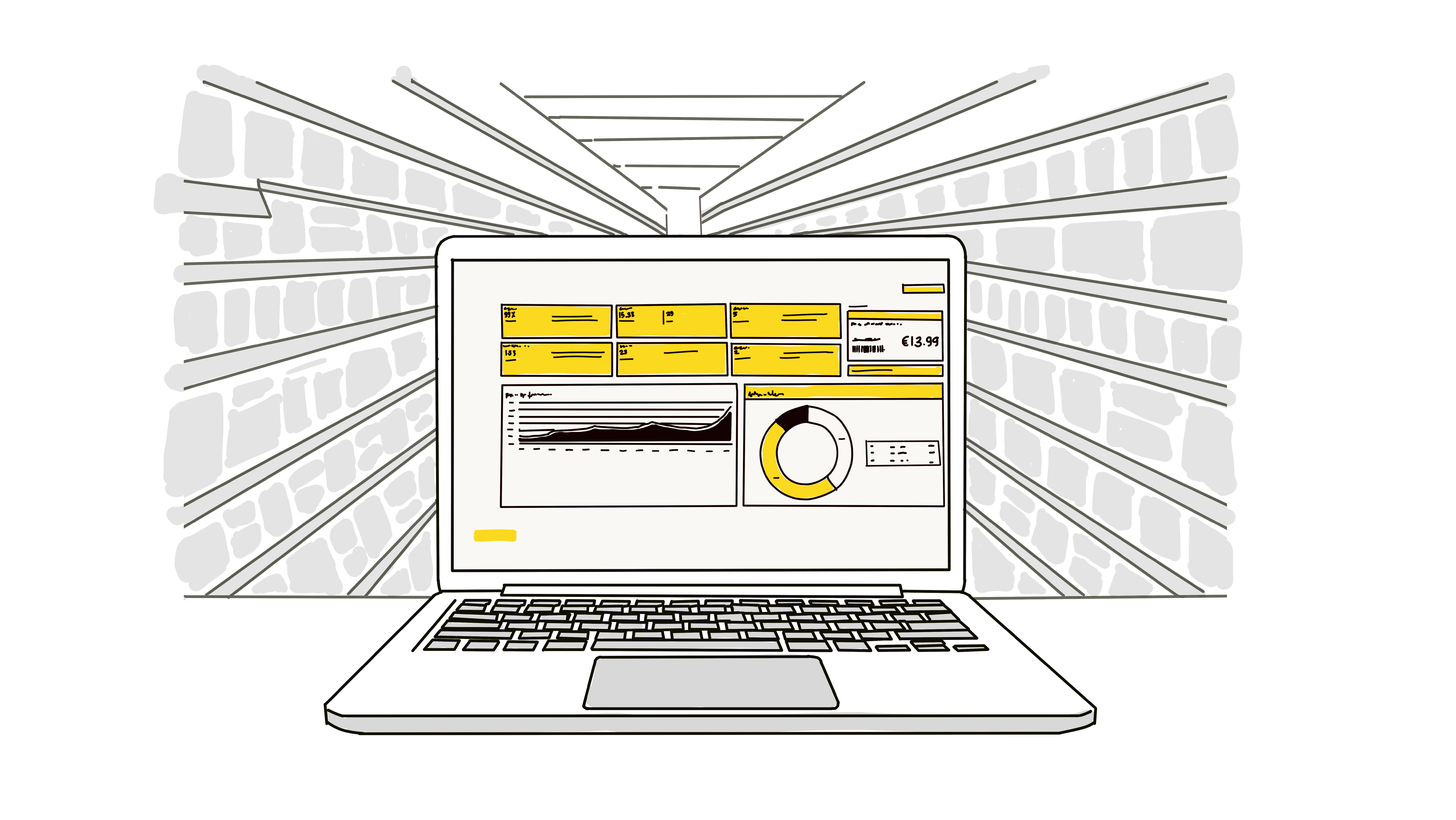In today’s rapidly evolving retail landscape, maintaining profitability has become an intricate puzzle for store managers. With the surge of price inflation and revenue loss, traditional approaches to optimizing financial performance are no longer sufficient. To grow sustainably, retailers must embrace a holistic viewpoint and address these challenges from multiple angles.
The equation of retail profitability is shifting, highlighting the need for a comprehensive strategy that goes beyond individual factors. By embracing innovative technological solutions, retailers can tackle price inflation and revenue loss holistically rather than relying on isolated tactics.
The Changing Equation of Retail Profitability
In the realm of retail, the equation for profitability has undergone a significant transformation. Traditional factors that once influenced financial success, such as pricing strategies, inventory management, and maximizing efficiency in the aisle are no longer adequate on their own. A new breed of challenges has emerged, with inflation and revenue loss taking center stage as critical concerns.
Price inflation, fueled by market dynamics and changing consumer behaviors, puts immense pressure on profit margins. S&P Global Market Intelligence predicts a total retail growth of 0.5% in 2023, which is a 0.1% decline when accounting for inflation.
Simultaneously, revenue loss resulting from factors like increased competition and shifting consumer preferences further compounds the complexity of profitability. Retail sales slowed at the end of 2022, with a month-to-month pullback in consumer spending throughout November and December.
Addressing these challenges requires a comprehensive strategy. Attempting to tackle these issues individually is akin to addressing symptoms without resolving the underlying causes.
To truly optimize profitability, a holistic approach is imperative – one that accounts for the interplay between pricing, stock levels, waste management, and above all else, an approach backed by grounded data.
Revolutionizing Retail Solutions
Retail stores should not be focused on surviving. Instead, they should be able to thrive. New Retail Intelligence solutions are emerging and are designed to empower retailers and enhance their bottom line. Among others, Pulse, for example, revolutionizes the way businesses operate in an increasingly competitive market. Unlike traditional approaches that tackle inefficiencies in isolation, these analytics-based solutions are multi-faceted.
Retail intelligence tools can serve as a reliable compass in navigating the turbulent waters of price inflation and other profitability issues. AI-powered software help retailers implement and monitor pricing strategies effectively, allowing them to compare and price match in a timely manner. Plus, it helps manage stock levels efficiently, using data-backed decisions for inventory management and reordering.
The value of technology lies not only in its ability to address the individual hurdles facing profitability but, in its capacity, to transform retail operations as a whole. In fact, AI-powered technology can track trading data, and other sources automatically, producing the necessary insights to help store runners make grounded decisions, ultimately, improving store performance and operations.
The Power of a Holistic Approach
Adopting a holistic approach is now a strategic imperative for retailers. By considering the entire ecosystem of factors impacting store performance, store managers can achieve results that surpass the sum of their individual efforts.
Data-driven initiatives can have the transformative power to streamline retail operations by improving waste management, automatically deploying pricing strategies to the shelves, assisting with stock decisions, and more.
In the context of store performance, harnessing the power of AI-based insights becomes imperative for sustained success. By embracing the latest technologies and leveraging the vast potential they offer, retailers can unlock invaluable knowledge and gain a competitive edge.
Retail intelligence software gives store owners the ability to tap into a wealth of data-driven insights that fuel better decision-making and elevate store performance. Armed with this comprehensive and real-time understanding, retailers can navigate the intricate web of customer preferences, market trends, and create optimized strategies and enhance profitability.
Compared to generic strategies that are no longer sufficient in this competitive market, Retail Intelligence means that retailers can chart a course toward sustained profitability in the ever-changing retail industry.


